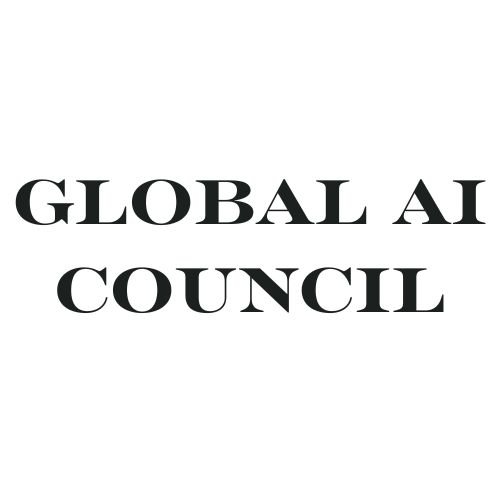Unleashing the Future: Why Learning AI is a Must
In a world dominated by rapid technological advancements, the ability to understand and leverage artificial intelligence (AI) has become not just a valuable skill but a necessity. As we stand at the precipice of the Fourth Industrial Revolution, learning AI is no longer a choice—it's a pathway to unlocking unprecedented opportunities and shaping the future.
**1. Innovation at the Core: AI is the driving force behind innovation across industries. From healthcare to finance, and from manufacturing to entertainment, AI is transforming the way we approach problems, make decisions, and create solutions. Learning AI equips individuals with the tools to be at the forefront of innovation, contributing to advancements that can change the world.
**2. In-demand Skillset: As the demand for AI technologies grows, so does the demand for skilled professionals who can harness its power. Learning AI opens doors to a multitude of career opportunities. Whether you're interested in data science, machine learning engineering, or AI research, possessing AI skills makes you a sought-after asset in the job market.
**3. Solving Complex Problems: AI excels at tackling complex problems that may seem insurmountable to traditional approaches. From predicting disease outbreaks to optimizing supply chains, AI has the potential to provide solutions that were once unimaginable. Learning AI empowers individuals to approach problem-solving with a new set of tools and perspectives.
**4. Automation and Efficiency: AI is the backbone of automation, streamlining processes and increasing efficiency. By learning AI, individuals gain the ability to automate routine tasks, allowing them to focus on more strategic and creative aspects of their work. This not only saves time but also enhances overall productivity.
**5. Ethical AI Advocacy: As AI becomes more prevalent, the importance of ethical considerations cannot be overstated. Learning AI includes understanding the ethical implications of AI technologies and advocating for responsible AI practices. Individuals with a strong ethical foundation in AI contribute to the development of technologies that prioritize fairness, transparency, and accountability.
**6. Adapting to Change: The digital landscape is dynamic, and the ability to adapt to technological changes is crucial. Learning AI fosters adaptability, ensuring that individuals can navigate and thrive in a world where technology evolves at an unprecedented pace. It's a skillset that prepares individuals for the challenges and opportunities of the future.
**7. Global Impact: AI has the potential for immense global impact. From addressing climate change to
